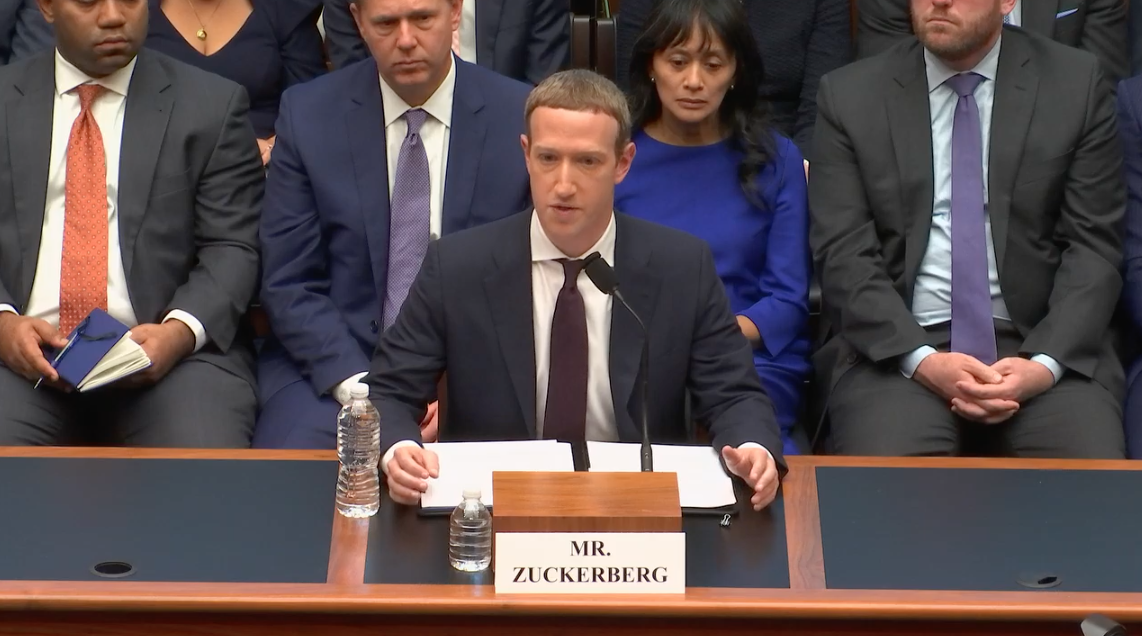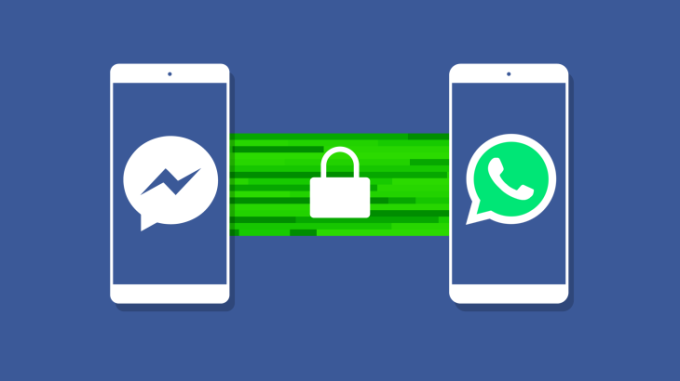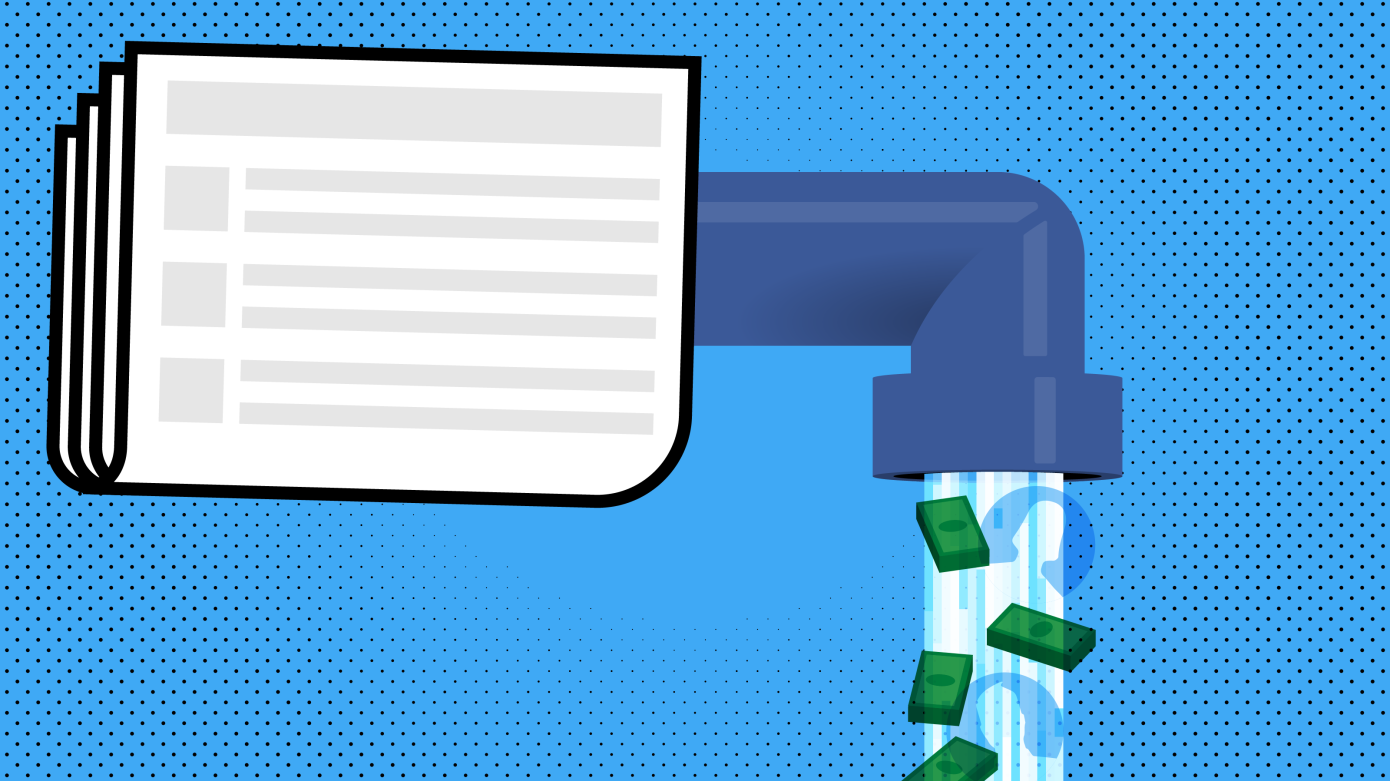Congress grilled Facebook’s CEO today, unleashing critiques of his approach to cryptocurrency, privacy, encryption, and running a giant corporation. Mark Zuckerberg tried to assuage their fears while stoking concerns that if Facebook doesn’t build Libra, then the world will end up using China’s version. Yet Facebook won’t stop shaking up society, with Zuckerberg saying its News section will be announced this week.
During the hearing before the House Financial Services Committee that you can watch here, Zuckerberg recommitted to only releasing Libra with full US regulatory approval. But given the tone of the questioning and Zuckerberg’s lack of fresh answers since Facebook’s David Marcus testified about Libra in July, Libra now looks even less likely to launch in 2020. With few highlights or positive moments coming from the hearing, here are the lowlights that matter.
The hearing started tensely, with Rep. Maxine Waters (D-CA) declaring that “Perhaps you believe that you’re above the law, and it appears that you are aggressively increasing the size of your company, and are willing to step over anyone, including your competitors, women, people of color, you own users, and even our democracy to get what you want . . . In fact, you have opened up a serious discussion about whether Facebook should be broken up.“
However, some members of congress used their time to advocate for American dominance instead of heavy regulation. Rep. Patrick McHenry (R-NC) said “the question is, are we going to spend our time trying to devise ways for government planners to centralize and control as to who, when and how innovators can innovate.”

On Libra
Zuckerberg tried to leverage nationalist sentiment to deflect scrutiny. “As soon as we put forward the white paper around the Libra project, China immediately announced a public private partnership, working with companies . . to extend the work that they’ve already done with AliPay into a digital Renminbi as part of the Belt and Road Initiative that they have, and they’re planning on launching that in the next few months.”
Facebook’s executives have repeatedly leaned on this “let us, or China will” argument we chronicle here.
Yet Zuckerberg wouldn’t commit to blocking anonymous Libra wallets that could facilitate money laundering, only saying Facebook’s own Calibra wallet would have strong identity checks.
Facebook has assured regulators that Calibra’s data would be kept separate from the social network. But Facebook said the same when it acquired WhatsApp, then renegged and integrated its data. This time around, Congresswoman Nydia Velázquez delcared that “we’re going to need to make sure that . . . you learned that you should not lie.”
When pushed on why Libra Association members like Visa, Stripe, and eBay left the organization, Zuckerberg admitted “I think because it’s a risky project and there’s been a lot of scrutiny.” In an awkward moment, Zuckerberg could not answer which Libra members were run by women, minorities, or LGBTQ+ people. “Is it true that the overwhelming majority of persons associated with this endeavor of white men?” Rep Al Green (D-TX) asked. “Congressman, I don’t know off the top of my head” Zuckerberg responded.
What if the Libra Association chooses to add the Chinese currency to the basket used to back Libra and reduces the US dollar’s fraction of the basket? “I think it would be completely reasonable for our regulators to try to [implement] a restriction that says that it has to be primarily US dollars” Zuckerberg responded in one of his most substantial answers of the day.
As for why Libra isn’t just backed 100% with the US dollar, Zuckerberg explained that “I think from a US regulatory perspective, it would probably be significantly simpler. But because we’re trying to build something that can also be a global payment system that works in other places, it may be less welcome in other places if it’s only 100% based on the dollar.”
Zuckerberg was criticized for trying to profit and potentially helping money laundering while claiming Libra is designed to help the unbanked. Rep Brad Sherman (D-CA) said “for the richest man in the world to come here and hide behind the poorest people in the world, and say that’s who you’re really trying to help. You’re trying to help those for whom the dollar is not a good currency — drug dealers, terrorists”. Some members of Congress like Sherman chose to use their entire time monologuing instead of actually asking questions.
Zuckerberg got a chance to clear up a major snafu from Marcus’ testimony, where he said the Libra Association was in contact with the Swiss data regulator, which CNBC reported hadn’t heard from Libra. Zuckerberg explained today that the Libra Association had been in contact with the primary Swiss Financial Market Supervisory Authority instead.
Throughout the testimony, Zuckerberg tried to distance himself and Facebook from the Libra Association’s decision making process. “We might be required to pull out if the Association independently decides to move forward on something that we’re not comfortable with” Zuckerberg said. That means if Facebook can’t launch Libra, it could still theoretically launch without the social network though it does most of the engineering heavy-lifting.
The “we don’t control Libra” arguement provides Facebook and Libra an escape hatch from criticism, because any member and even the newly appointed chairperson and board can’t unilaterally control or make promises about its actions.
On Encryption, DeepFakes, and Hoaxes
Beyond Libra, Rep Ann Wagner (R-MO) chided Zuckerberg saying “you’re not working hard enough” to stop the spread of child exploitation imagery online despite Facebook submitting millions of reports. She brought up worries that Facebook moving entirely to encrypted messaging could hide child abusers, and Zuckerberg merely said “I think we work harder than any other company”. He failed to explain how Facebook would continue improving detection through encryption.

Oddly, Zuckerberg was directly confronted about his views on vaccines since Facebook works to hide vaccine hoaxes and avoid recommending groups spreading unverfied information about them. “I don’t think it would be possible for anyone to be 100% confident, but my understanding of the scientific consensus is that it is important that people get their vaccines” Zuckerberg said, defending Facebook’s decision to hide some of this content.
On housing discrimination via Facebook ads, Zuckerberg committed to working with regulators to provide information, noted Facebook has banned discriminatory housing ads, and said “Nobody wants to redline and I’m sure that was accidental.”
On DeepFakes, Zuckerberg confirmed that ” I think deep fakes are clearly one of the emerging threats that we need to get in front of and and develop policy around to address. We’re currently working on what the policy should be to to differentiate between media that has manipulated and been manipulated by AI tools like deep fakes, with the intent to mislead people.” Yet Facebook’s policy allows politicians ads to mislead people, weakening faith that it will properly address this new problem.
Facebook Will Announce News Service
There’ll be more major launches from Facebook that could raise questions about its impact on society, Zuckerberg revealed. “Later this week we actually have a big announcement coming up on on launching a big initiative around news and journalism, where we’re partnering with a lot of folks to to to build a new product that’s supporting high quality journalism.” Facebook plans to launch a News section featuring headlines from top outlets, though only some will be paid.

“I think that there’s an opportunity within Facebook in our services to build a dedicated surface, a tab within the apps for example, where people who really want to see high quality curated news, not just social content . . . I’m looking forward to discussing that in more length in the coming days.” That service is sure to trigger debates about whether Facebook is trustworthy enough to be a formal conduit for news.
The hearing is ongoing and we’ll continue to update this article with major takeways.

Recent Comments